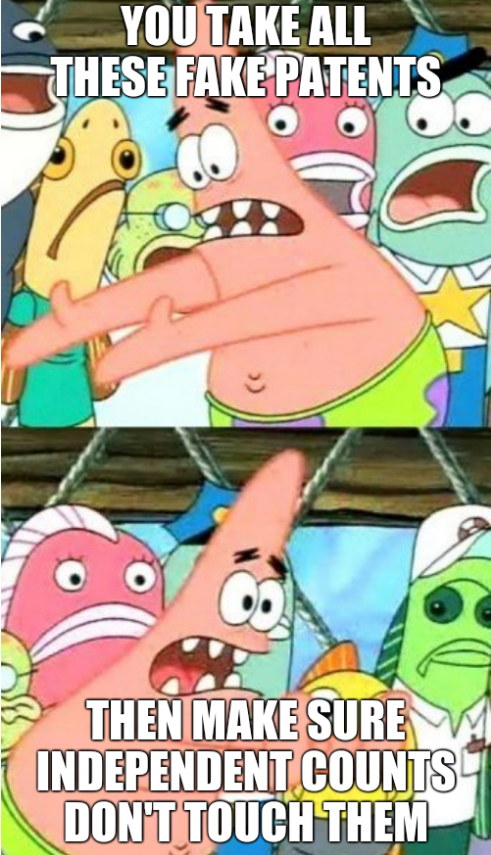

ANY TIME European Patent Office (EPO) presidents promote software patents and demote/punish judges who can put an end to these illegal patents they merely reinforce the idea or the "perception" -- a word they habitually use -- of institutional lawlessness. President António Campinos is happy to crush perfectly legitimate challenges to President Battistelli's illegal attacks on judges, which likely render years of rulings legally invalid (remember what ILO-AT said about hundreds of cases involving disciplinary actions against EPO staff as well).
The Rules of Procedure of the Boards of Appeal are the rules that govern the way appeals are conducted at the European Patent Office (EPO). The EPO has recently approved changes to these rules, which are due to come into effect from 1 January 2020. The new rules (known as "RPBA 2020") can be found here. The EPO has said that the aims of the revisions are to increase (i) efficiency, by reducing the number of issues to be treated, (ii) predictability for the parties, and (iii) harmonisation.
[...]
In addition to the changes listed below, a list of appeal hearings expected to be heard by each Board will now be published at the beginning of every working year, allowing parties to more effectively budget and plan for hearings.
Bayer was not granted an injunction in preliminary proceedings because the Court found that there was a serious chance that Bayer’s patent would be held invalid. The fact that the patent had survived opposition before the EPO was of no influence since new, closer prior art had subsequently been found.